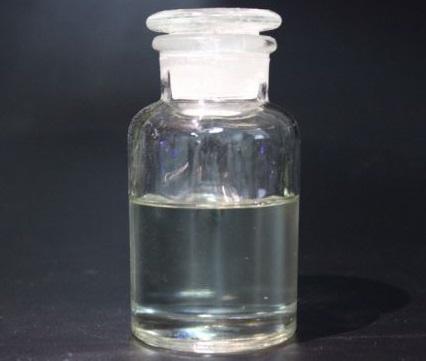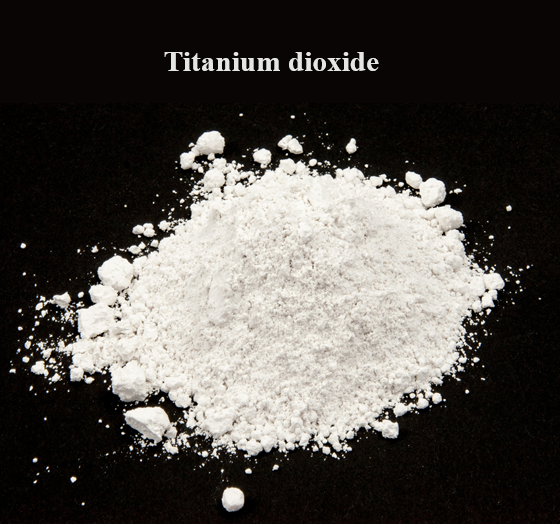Diethylene glycol: Uses and Poisoning
What is Diethylene glycol?
Diethylene glycol (DEG) is a commonly used industrial chemical. Appearing as a clear, colourless, odourless liquid, it is soluble in water and many organic compounds and is hygroscopic. DEG has a wide range of uses in industrial, automotive and pharmaceutical applications.
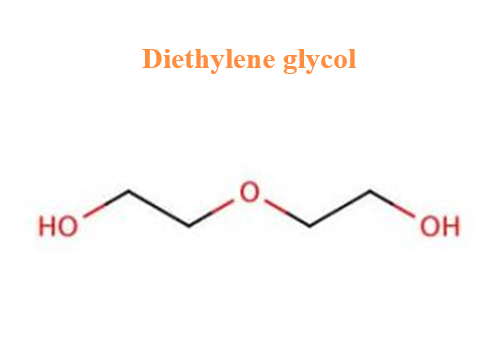
Uses of Diethylene glycol
(1) Industrial use
Diethylene glycol is used as a dehydrating agent in natural gas processing; a humectant in tobacco, casein, and synthetic sponges; a lubricant and finishing agent for textiles; a brake fluid, lubricant, release agent, and antifreeze; a plasticiser for cork, adhesives, paper, packaging materials, and coatings; a solvent for printing inks and textile dyes; an intermediate in the production of diethylene glycol dinitrate and dioxanes; and Intermediates in the production of certain resins, morpholines, polyurethanes, triethylene glycol, surfactants and diethylene glycol esters and ethers.
(2) Pharmaceutical uses
Diethylene glycol is a drug that can be used for diagnosis and control of conditions through the use of potentiated drugs, antidomidazole and ethanol, and haemodialysis. In 1937, diethylene glycol was used as a solvent in the formulation of sulphonamides.
(3) Other uses
Diethylene glycol is also used in cosmetics and fragrances.
Poisoning
Diethylene glycol is a toxic alcoholic compound in liquid form with a sweet odour that can be fatal if ingested. DEG has caused deaths when used as a solvent in the formulation of sulfonamides, and a public outcry led to the enactment of a bill that was years in the making in the U.S. but was opposed by the pharmaceutical companies. In 1938, the FDA went back to regulate such preparations, but there were still Diethylene glycol poisoning in pharmaceutical preparations continues to be reported. It usually affects children and often results in death.
The current study suggests that the metabolic acidosis of Diethylene glycol is primarily caused by 2-hydroxyethyleneoxyacetic acid and that diglycolic acid has been shown to be the metabolite responsible for proximal renal tubular necrosis.
Diethylene glycol is harmful to humans as shown by nausea and vomiting, headache, abdominal pain, coma, seizures, metabolic acidosis and acute renal failure. It may also cause pancreatitis and hepatitis, as well as the development of cranial neuropathy and demyelinating peripheral neuropathy.
References:
[1] LUKITO J I. Tata Laksana Keracunan Ethylene Glycol dan Diethylene Glycol[J]. Cermin Dunia Kedokteran, 2023, 40 1: 1-9. DOI:10.55175/cdk.v50i2.526.[1] ARONSON J K. When I use a word . . . Medicines regulation-diethylene glycol.[J]. BMJ?: British Medical Journal, 2024, 384. DOI:10.1136/bmj.q356.
You may like
Related articles And Qustion
Lastest Price from Diethylene glycol manufacturers
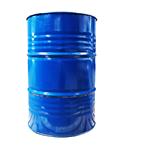
US $0.00/kg2025-05-14
- CAS:
- 111-46-6
- Min. Order:
- 220kg
- Purity:
- 99.8%
- Supply Ability:
- 20 tons
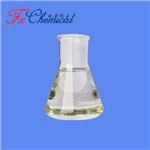
US $0.00/KG2025-04-21
- CAS:
- 111-46-6
- Min. Order:
- 220KG
- Purity:
- 98%min
- Supply Ability:
- 30tons/month

